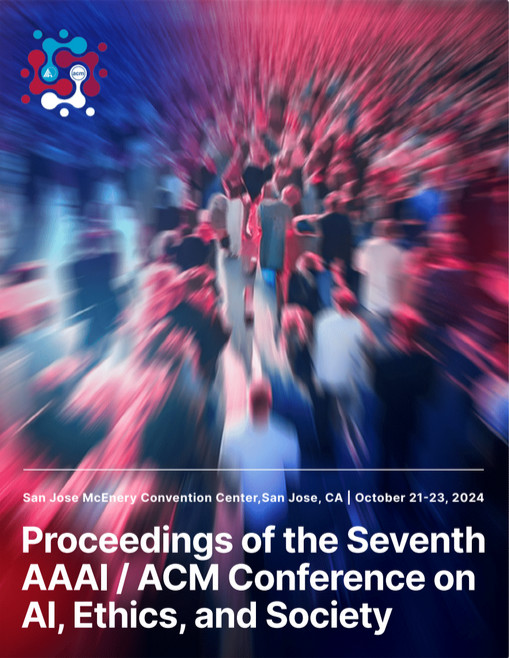Do Generative AI Models Output Harm while Representing Non-Western Cultures: Evidence from A Community-Centered Approach
DOI:
https://doi.org/10.1609/aies.v7i1.31651Abstract
Our research investigates the impact of Generative Artificial Intelligence (GAI) models, specifically text-to-image generators (T2Is), on the representation of non-Western cultures, with a focus on Indian contexts. Despite the transformative potential of T2Is in content creation, concerns have arisen regarding biases that may lead to misrepresentations and marginalizations. Through a Non-Western community-centered approach and grounded theory analysis of 5 focus groups from diverse Indian subcultures, we explore how T2I outputs to English input prompts depict Indian culture and its subcultures, uncovering novel representational harms such as exoticism and cultural misappropriation. These findings highlight the urgent need for inclusive and culturally sensitive T2I systems. We propose design guidelines informed by a sociotechnical perspective, contributing to the development of more equitable and representative GAI technologies globally. Our work underscores the necessity of adopting a community-centered approach to comprehend the sociotechnical dynamics of these models, complementing existing work in this space while identifying and addressing the potential negative repercussions and harms that may arise as these models are deployed on a global scale.Downloads
Published
2024-10-16
How to Cite
Ghosh, S., Narayanan Venkit, P., Gautam, S., Wilson, S., & Caliskan, A. (2024). Do Generative AI Models Output Harm while Representing Non-Western Cultures: Evidence from A Community-Centered Approach. Proceedings of the AAAI/ACM Conference on AI, Ethics, and Society, 7(1), 476-489. https://doi.org/10.1609/aies.v7i1.31651
Issue
Section
Full Archival Papers

